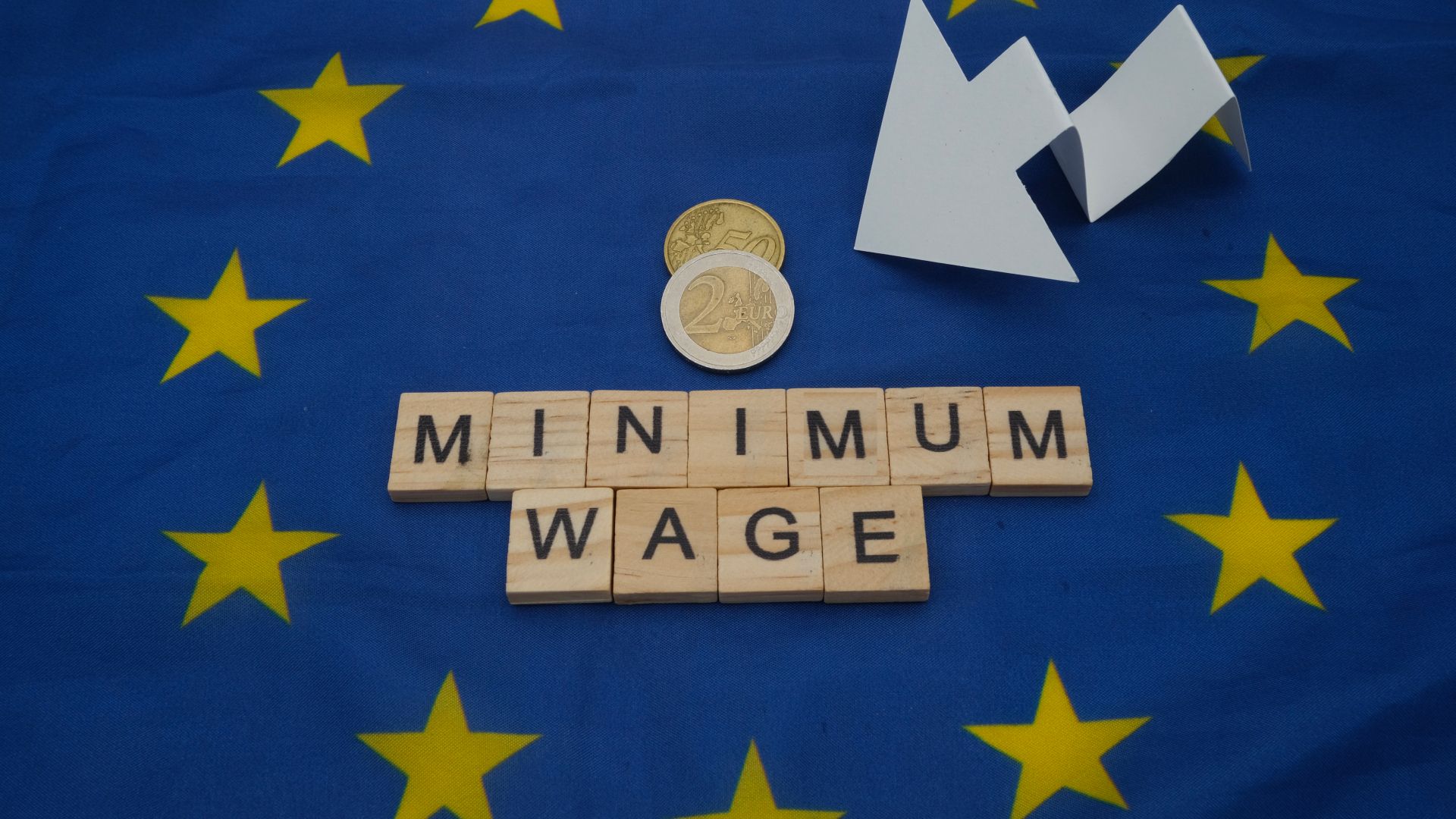Late on Monday night, the European Parliament and the French EU presidency concluded a political agreement on the Directive on Adequate Minimum Wages, in Strasbourg. The agreement is based on two pillars. The first pillar sets decency standards for national statutory minimum wages. By earning a statutory minimum wage, workers must be able to live a decent life. The decency standard is determined by the purchasing power, taking into account the cost of living and the general growth rate and relative wage structure in the respective EU country. The second pillar of the agreement aims at empowering workers and trade unions during collective bargaining. More workers must get the protection of a collective agreement. When the collective bargaining coverage rate is below 80% in a Member State, a National Action Plan is required to progressively increase the number of workers protected. Additionally, EU countries will be obliged to act, also preventively, if workers or trade union representatives are discriminated, pressured or threatened by an employer.
The Socialists and Democrats group spearheaded the campaign for EU legislation on adequate minimum wages with group leader Iratxe García making this proposal a pre-condition for supporting Ursula von der Leyen as President of the Commission. After eight rounds of negotiations, an agreement with the European Council was found on the basis of the legislative proposal made by Commissioner for jobs and social rights, Nicolas Schmit. The European Directive does not propose to introduce one and the same minimum wage across all countries or mandatory statutory minimum wages, nor will the national minimum wage be set by Brussels. The right of social partners to negotiate, monitor and set wages remains untouched. Collective bargaining is a prerogative of trade unions. The Directive establishes a decent standard of living as a benchmark for national minimum wages, thereby creating an upward effect on minimum wages for millions of Europeans.
Agnes Jongerius, S&D spokesperson on employment and European Parliament negotiator, said:
“The new European law on adequate minimum wages will boost wages across Europe. Today, many workers struggle to make ends meet: shop assistants, parcel deliverers, and distribution workers keep our societies afloat. Even though they work a tough 40 hours week, they are unable to pay for exploding grocery and energy prices. Undervalued and underpaid sums up their situation. They equally deserve respect and fair pay. After decades of real wage decline, it is high time to turn this downward trend around and forcefully combat growing inequalities.
“By setting the standards for adequate national minimum wages, the new European law will tackle the scandal of the working poor. Every European worker’s wage must pay for their food, their rent and their heating, but also allow them to afford new clothes, or go on holidays once in a while. We want EU countries to check their minimum wages against international benchmarks; such as at least 50 % of the average gross wage and 60% of the median gross wage. Currently, 18 EU countries do not meet these criteria. This new EU law will boost the wages of millions of Europeans.
“Together we are stronger. Collective labour agreements with good working conditions are the best tool to combat in-work poverty. As a former trade unionist, I am proud that this new EU law will empower trade unions and increase the number of workers protected by collective agreements through national action plans.
“We call on EU governments to agree to the deal reached tonight. Work must pay again.”
Pedro Marques, S&D vice-president responsible for Social Europe, added:
“Today is a good day for European workers and a victory for the Socialist family. We campaigned for many years for a European law on adequate minimum wages. We even made this proposal a condition for supporting Ursula von der Leyen as Commission President. Now, adequate minimum wages will finally become a reality for millions of Europeans.”
Note to the editor:
EU governments will decide with qualitative majority on 16 June on the political agreement. The European Parliament’s employment committee is expected to vote in June and the Directive will be adopted in plenary in September. Once adopted, EU member states will have two years to transpose the EU Directive on adequate minimum wages into national law.
According to Eurostat, one in ten European workers is at risk of poverty, a number which rises to one in six for workers in temporary or part-time jobs. Around 70% of minimum wage workers have difficulties making ends meet. 60% of minimum wage earners are women, according to the Böckler Foundation.
READ MORE: S&Ds: In times of exploding prices, no time to lose with the new EU law on minimum wages!










